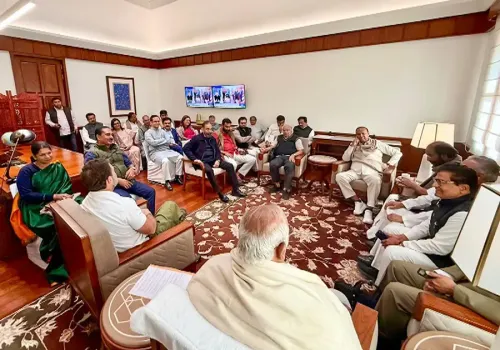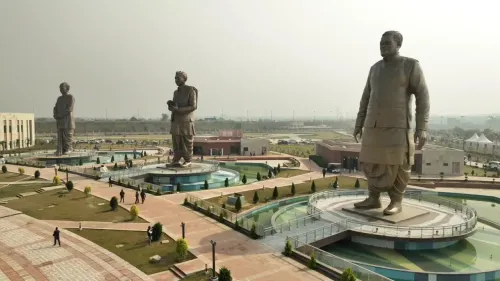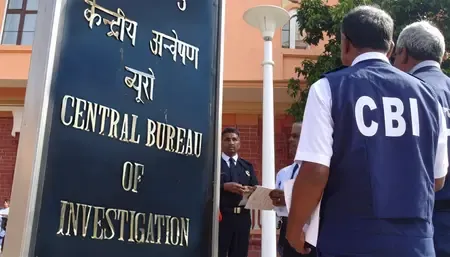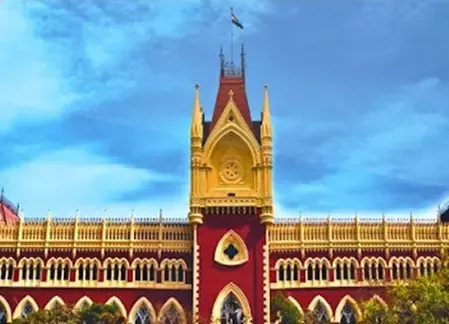Why Did CBI Arrest a BSF Accountant Over a ₹40,000 Bribe?

Synopsis
Key Takeaways
- CBI's proactive measures against corruption reflect a commitment to integrity.
- Significant financial implications arise from delayed pay disbursements.
- Social media is increasingly used for illicit communications.
- Public servants must maintain ethical standards to foster trust.
- Corruption within government offices remains a critical issue.
New Delhi, July 19 (NationPress) – The Central Bureau of Investigation (CBI) apprehended an accountant from the Border Security Force (BSF) in Delhi for allegedly accepting a bribe of ₹40,000 from a colleague. This bribe was solicited for processing the latter’s pending wage arrears totaling ₹18.73 lakh, as reported by an official on Saturday.
The CBI initiated the case against Dharmendra Kumar, an Assistant Accounts Officer at the Pay and Accounts Office of BSF, Delhi, following a complaint from Mahesh Singh, a pharmacist with the 16 Battalion, NDRF, Dwarka.
In the CBI statement, it was disclosed that the accountant faces charges under provisions related to criminal conspiracy and for taking undue advantage to influence a public servant through corrupt means.
Singh’s complaint indicated that Kumar demanded a bribe amounting to 15-20% of the pending arrears bill of nearly ₹2 lakh to expedite the release of his ₹18.73 lakh dues.
The bribe request was communicated via social media after Singh reached out to Kumar on July 16 regarding the payment delay.
Singh, who hails from Bhiwani, Haryana, pointed out that his total dues, calculated from April 7, 1997, had not been disbursed, despite the amount being cleared for payment on July 4, 2025.
In his statement to the CBI, Singh expressed his reluctance to pay the bribe and sought the agency's intervention.
A sting operation conducted by the CBI on July 18 resulted in Kumar being caught red-handed while demanding ₹2 lakh and accepting ₹40,000 from Singh.
A preliminary verification report prepared by the CBI prior to registering the FIR indicated that the complaint revealed prima facie evidence of offences punishable under Section 61 (2) of the Bhartiya Nyaya Sanhita, 2023 and Section 7A of the Prevention of Corruption Act 1988 (as amended in 2018).










